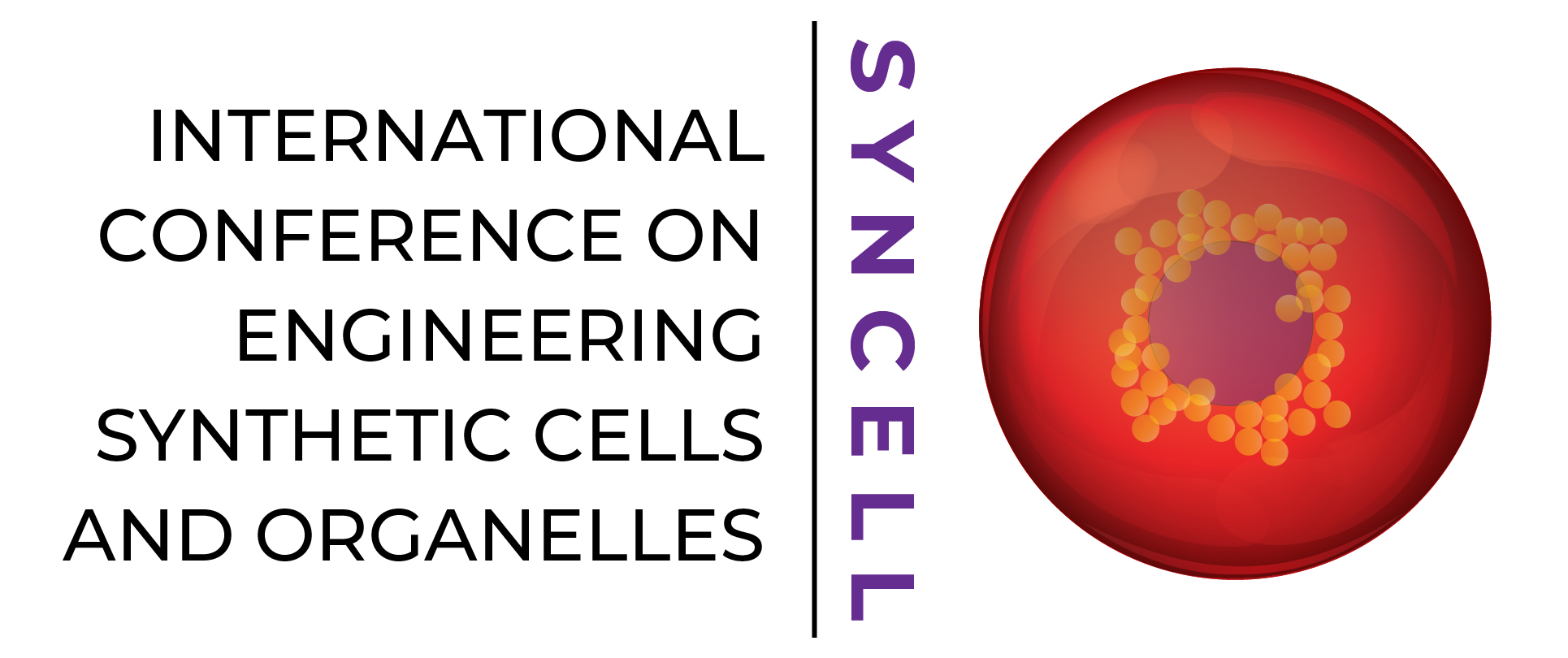
Membraneless and stimuli-responsive organelles
Presented by: Felipe Garcia Quiroz
Emory University and Georgia Tech
Featured Talk
Abstract
FELIPE GARCIA QUIROZ*
Title: Membraneless and stimuli-responsive organelles
*Wallace H. Coulter Department of Biomedical Engineering. Georgia Institute of Technology and Emory University. Atlanta, Georgia, USA.
The textbook view of the cell features stable membrane-bound compartments (organelles) that support the biochemical and signaling complexity of living organisms. This long-established image has dominated our understanding of cellular life and influenced our imagination in efforts to engineer cell-like material systems. Recently, however, a new picture of the cell has begun to emerge wherein membraneless organelles (MLOs), namely biomolecular condensates with inherently dynamic and stimuli-responsive properties, uniquely contribute to the organization, sensing and actuation of essential cellular processes. In this talk, I will present an overview of MLOs and expose their stimuli-responsiveness, functionality and ability to stably crowd the cellular cytoplasm. I will do this through the lens of our recent discovery of highly abundant and specialized MLOs that are essential to the barrier quality and environmental-resilience of human skin. Building on our current understanding of the assembly and functionality of MLOs in cellular and tissue physiology, I will then discuss our ongoing efforts to create de novo MLOs and to functionalize existing MLOs in cells and tissues. Inspired by insights from this work, I argue that the next generation of engineered synthetic cells and organelles would benefit from incorporating conceptual and technical progress from the rapidly advancing field of cellular mechanisms orchestrated by MLOs.
